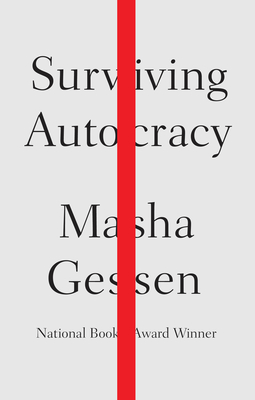Forensic science isn’t as cut and dry as modern day TV shows would lead us to believe
Book Review: American Sherlock: Murder, Forensics, and the Birth of American CSI by Kate Winkler Dawson
"At the end of the day Oscar had gathered all he needed. His hypothesis was sound and his suspect was near, he believed, and he could prove it using pieces of string and hundreds of dried blood drops that freckled the bathroom wall. The height and angle of the blood, along with its trajectory, would reveal the angle of impact. Allene’s every movement, Oscar theorized, would result in a very specific pattern. The strings, the protractor, the calculations, and the drips of Allene’s blood would solve her death."
During his remarkable forty year career, Edward Oscar Heinrich worked on thousands of criminal cases as a pioneering forensic scientist. He is credited with innovations in a myriad of forensic techniques that won him admiration as well as skepticism from law enforcement, prosecutors, and the American public (who were often mesmerized by a scandalous murder case publicized by a sensational news media - much like we are today).
Kate Winkler Dawson first heard about Heinrich, “America’s Sherlock Holmes,” while reading about the Siskiyou train robbery in an encyclopedia. Intrigued, she sought more information about Heinrich and discovered his collection was housed at the University of California at Berkeley. Unfortunately, the collection wasn’t archived. Winkler Dawson made a plea to the university for the massive collection of documents and photographs to be archived and they agreed. It took eighteen months for the cataloging to be completed before she could really dig into the documents. The result is a page-turning book about the life and career of Heinrich that reads like a mystery novel.
Each chapter of American Sherlock is structured by focusing on a case that Heinrich worked on during the 1920s and 1930s. Interwoven into the fascinating crime stories is the story of a man who suffered a great loss as a teenager with the tragic death of his father and battled lifelong financial struggles, but who managed to build a successful career and family of his own. Readers get a glimpse into his many triumphs, but also his failures in the burgeoning field of forensic science. A field that isn’t as absolute as today’s TV crime shows would lead us to believe.
 |
| Edward Oscar Heinrich |
I’ve probably seen every episode of Forensic Files twice; and after reading American Sherlock I don’t think I’ll ever watch it the same way again. In real life, murder cases aren’t easily solved by infallible scientists who deliver the unquestioning evidence that every prosecutor dreams of to win their case. It was interesting to have the veil pulled back on "junk science" that has frighteningly been used in murder trials for years. The thought of so many defendants' lives depending on faulty scientific evidence is truly terrifying and rips at the heart of our Constitutional right for a fair trial.
Nevertheless, forensic science has been a game-changer for helping to solve crimes and it was interesting to learn about the origins of some of frequently-used techniques. For instance, handwriting analysis (while not foolproof) can be traced back to the third century “when judges in Roman times compared signatures and other lettering in documents to determine forgeries.” And criminal profiling was used by Scotland Yard detectives in the nineteenth century case of Jack the Ripper.
The ending was the most gripping part of the book. Winkler Dawson introduced the murder case of a young wife and mother who died in her bathtub in 1933 in the first chapter and then closed the book by detailing the trial, theories of the case, and ultimately, the outcome. I was on the edge of my seat waiting to find out what finally happened to the victim’s husband, who was accused of brutally killing her.
My only pet-peeve while reading was that the author frequently referred to Heinrich by his first and last name. The book is a biography about him, readers know who Oscar is after the first reference. But that was a minor annoyance in an otherwise gripping history of crime and the man who played a pivotal role in how it’s solved.
My Rating: 4.5/5
American Sherlock: Murder, Forensics, and the Birth of American CSI by Kate Winkler Dawson By Kate Winkler Dawson. G.P. Putnam’s Sons. 336 pp. Published February 11, 2020. (Book Link)


Comments
Post a Comment